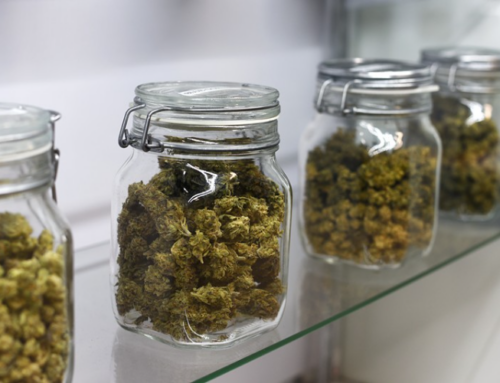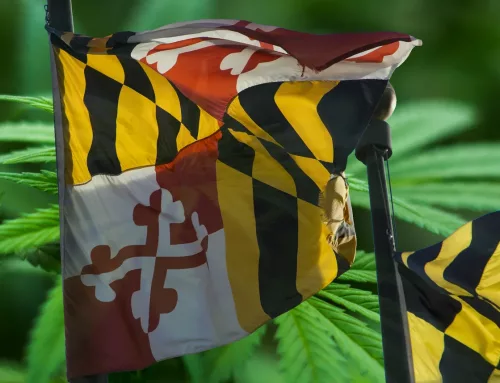Kansas Advocates Push for Medical Cannabis Legalization
LOS ANGELES- In a recent online meeting, advocacy groups in Kansas intensified their call for the legalization of medical cannabis, highlighting personal stories and the urgency for legislative action. The meeting, originally planned as a “day of action at the Capitol” in Topeka, was moved online due to inclement weather, according to the Kansas Reflector.
Among the speakers, Delaney Jones, an advocate, shared a poignant story of his grandmother, a European concentration camp survivor, who found solace in cannabis oil during her battle with pancreatic cancer. This natural remedy, Jones noted, alleviated her pain and nausea without the adverse side effects commonly associated with opioids and chemotherapy. “We were super, super grateful to see really the magical work that cannabis did in her end-of-life care,” Jones remarked.
Cheryl Kumberg, President of the Kansas Cannabis Coalition, expressed frustration over the prolonged legislative inaction, recalling assurances from legislators five years ago that a medical cannabis bill would materialize within one to two years. “I’m here in open-mouth amazement that we are still discussing passing a medical cannabis bill,” Kumberg stated, highlighting the stagnation in progress and persistence of opposition rhetoric.
The delay in state-level legalization has led to a patchwork of local ordinances decriminalizing cannabis, as noted by Kelly Rippel, a member of Kansans for Hemp and the Kansas Cannabis Coalition. This inconsistency in enforcement and legal status across the state underscores the need for comprehensive statewide legislation. Rippel also emphasized the importance of addressing cannabis-related convictions, advocating for expungement and record sealing.
Highlighting the social impact of current cannabis laws, Latanya Goodloe, executive director of Ladies That Lean in Kansas City, shared her personal experience of serving four years in prison for cannabis possession and intent to sell. Despite completing her parole in 2009, the felony record posed significant challenges. Goodloe argued for legalization policies that rectify the consequences of the War on Drugs and promote racial and economic justice, insisting on public engagement and sustainable regulations.
Sharon Brett, legal director of the ACLU of Kansas, drew parallels between the legislative resistance to medical cannabis and abortion rights, pointing to a broader issue of governmental control over personal healthcare decisions. Brett’s remarks followed the August 2022 rejection of a constitutional amendment related to abortion funding and rights in Kansas.
The advocacy for medical cannabis legalization in Kansas comes in the context of 38 U.S. states, Washington, D.C., and several U.S. territories having already legalized it. Despite this national trend, recent efforts in the Kansas legislature have stalled. In March 2023, the Senate Federal and State Affairs Committee sidelined a bill for medical cannabis, with the chairman citing other priorities.
Governor Laura Kelly has voiced disappointment over the lack of progress, urging the committee to reconsider and act within the 2023 legislative session. “I am disappointed that some legislators are saying they don’t want to move forward with legalizing medical marijuana this year,” Governor Kelly stated, highlighting the consequences for veterans and individuals with chronic conditions. To date, no medical cannabis bills in Kansas have advanced to the governor’s desk.
Former Kansas Governor Mike Huckabee has expressed opposition to cannabis legalization, releasing videos in October 2022 that controversially claimed adult-use cannabis benefits drug cartels. Huckabee’s stance starkly contrasts with recent poll results from Fort Hays State University, showing significant public support for cannabis legalization across political affiliations in Kansas. The survey indicated that two-thirds of Kansans, including a majority of Republicans, Democrats, and Independents, favor legalization, with many stating a willingness to vote for pro-cannabis legalization legislators.




































